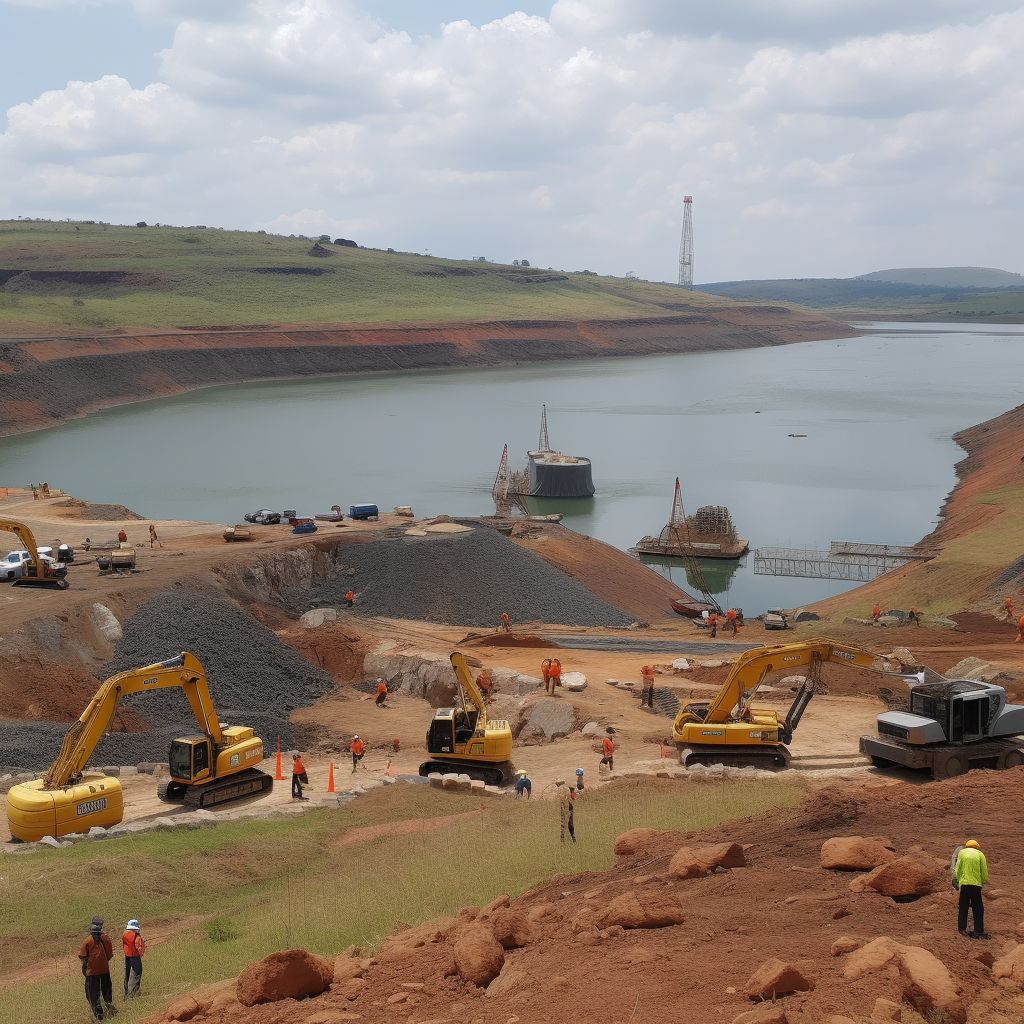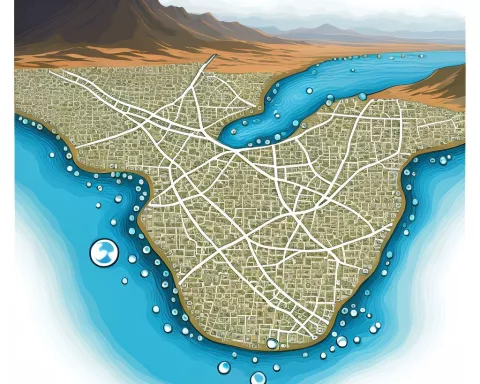On May 16, 2023, South Africa’s Minister of Water and Sanitation, Senzo Mchunu, presented an ambitious budget of R40.291 billion for the 2023/24 fiscal year in the National Assembly. The department’s primary objective is to ensure the sustainability and efficiency of the water sector, while addressing the existing challenges and shortcomings and providing reliable services to communities.
Revival of Umzimvubu Water Project
One major announcement made by Minister Mchunu was the revival of the Umzimvubu Water Project, which is now back on track with an estimated cost reduced from R18 billion to R8 billion. Commencing before the end of the year, the Ntabelanga Dam, an essential component of the project, is a significant step towards improved water access and quality for the communities it serves.
Progress of Lesotho Highlands Water Project
The second phase of the Lesotho Highlands Water Project, worth R39 billion, is also making progress, aiming to increase water supply by 490 million m³ to Gauteng and parts of the Free State, Northern Cape, and North West provinces. Main contracts for the Polihali Dam, Polihali to Katse Transfer Tunnel, and Senqu Bridge have been awarded, with the project expected to reach completion by 2028.
Resumption of Mkhomazi Project
The resumption of the R23 billion Mkhomazi project, which had been stalled for several years, will boost water availability, create jobs, and contribute to the local economy. The Trans-Caledon Tunnel Authority (TCTA) is currently handling the preparatory work, with construction set to begin in late 2024 and completion estimated for 2030.
Other Ongoing Projects
The department’s portfolio also includes the R555 million project to raise the Tzaneen Dam wall and the R4 billion Clanwilliam Dam wall raising project, along with various water resource infrastructure projects collectively worth R130 billion. Several other projects are in the planning and feasibility study phases, demonstrating the department’s commitment to addressing the country’s water challenges.
Support for Municipalities
To support municipalities in their water and sanitation efforts, Minister Mchunu has allocated R10.1 billion through the Regional Bulk Infrastructure Grant (RBIG) and R4.6 billion through the Water Services Infrastructure Grant (WSIG). The minister also emphasized the importance of addressing poor governance and weak management of water and sanitation functions at the municipal level by amending the Water Services Act to ensure better oversight and accountability.
Addressing Municipal Debt Owed to Water Boards
Discussions with the National Treasury, Water Boards, and South African Local Government Association Water Services Authorities are ongoing to tackle the increasing debt owed by municipalities to water boards, which stands at approximately R17 billion. These deliberations will be crucial in finding lasting solutions to the debt problem and ensuring the sustainability of the water sector.
Tackling Sanitation Challenges
To address the long-standing issue of the bucket eradication program, the department aims to develop a National Sanitation Framework and revise norms and standards for sanitation services. To enhance water management and conservation efforts, the department also plans to expand No-Drop assessment reports to other sectors and improve its processing of water use licenses.
In conclusion, the ambitious budget presented by Minister Mchunu demonstrates the South African government’s dedication to improving the nation’s water sector. The various ongoing and planned projects will not only ensure the sustainability and efficiency of the water sector but also contribute to better living conditions and socio-economic development for communities across the country.












